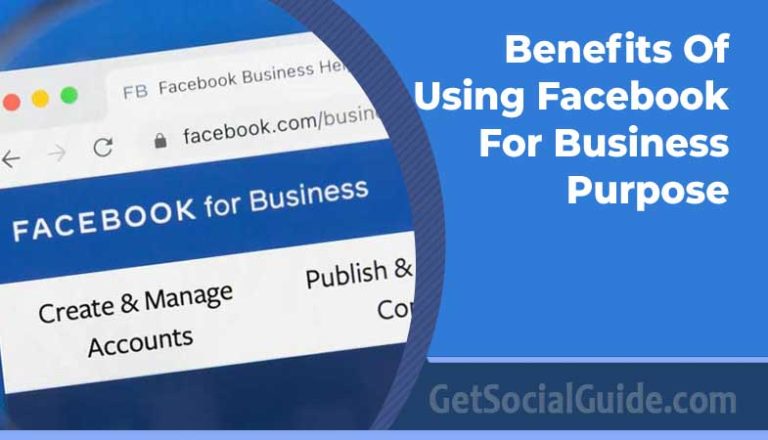Organising an event can be quite a challenge for most of us. Some people have a natural talent to plan and organise. But if you’re reading this article, you are probably struggling right now with your event planning.
An event plan is a guide that helps you gather together every component of said event. Creating a timeline, schedule, and defining goals are some key points. Let’s walk through the key points to bear in mind while setting up a successful reunion.
How To Organise a Successful Event
#1 Define what type of event you have in mind
This one is the first step towards succeeding. Why are you organising this event? Do you plan to boost your sales? Do you want to give a speech about a topic of your expertise? Do you hope to bond with your employees and workers?
Some events require a formal setting, while others can be more informal and friendly. It depends on what you hope to achieve.
#2 Set tangible goals
Following the previous advice, ask yourself again: why am I organising this event? There must be something substantial you hope to achieve. Maybe you want to boost sales up to 2%, or you want to reach a greater audience and increase your guest count to 500 instead of last year’s 400.
Be that as it may, make sure you can quantify your success – this will ease the process of collecting and analysing data. Did 450 people attend the event, or were there only 300? Did your sales go up by 0,5%, or did they go down? These are examples of how to measure tangible objectives.
#3 Organise your event planning team
You can’t host an event all by yourself, at least not a big one. The good news is that you probably count on a team of coworkers and people to give you a hand. You should divide them into categories according to their roles. Here are some examples:
- Marketing and social media reach – 3 persons.
- Renting and setting up the physical venue – 5 persons.
- Entertainment – 3 persons.
Assigning each employee a role will make the planning easier. Those who fit the marketing and social media category know what to do: advertise and promote the event. On their behalf, the entertainment specialists know who to hire and why: top-tier speakers, musicians, catering experts?
#4 Create a budget
No one likes budgets. Well, at least not many people do. Budgets limit what you can do since you can’t exceed a certain amount of money. However, if you’re planning an event for your company, setting a budget is one of the most important things you must do.
You don’t want to waste your money, but make the most out of it. If the meeting is related to something personal, you can go over the limit – the only one responsible for the losses will be yourself. But if your company relies on you, set limitations!
When creating a budget, make sure you consider hiring the right services so the participants of your event have no problems. For example, you can find an ice cream cart for your event so you don’t have to prepare ice cream yourself.
Here are some of the most common expenses you can’t overlook and must include in your funding:
- Venue: renting and decorating it, paying insurance, and so on.
- Decoration: will you put some balloons and a banner on the walls? Will you bet on something classier, like murals?
- Appetisers and drinks: this is a must. Offer your guests some fancy appetisers and refreshing beverages to ensure they have a good time and don’t get dehydrated or hungry.
- Entertainment: are you hiring top-tier speakers, a DJ, classical musicians? Be that as it may, make sure it goes with the decoration and theme of your reunion. You might want to avoid hiring a clown if you’re presenting a new business idea, even if he’s the funniest one on Earth.
- Staff: remember what we talked about dividing your team into categories? Well, you probably have to pay them for their extra work.
- Mobile application: If you aren’t already using an event mobile app, you should think about incorporating it into your event preparation. It can help you optimise procedures, save time, and give your employees more freedom.

#5 Make a schedule
People appreciate brochures that let them know what’s coming next. This is especially true if your event will have several presentations or activities taking place simultaneously.
Say you invite six speech givers to discuss different topics, but the time set for your event is limited. You might want to prepare venue spots for them to speak simultaneously. Your guests can get lost if they don’t know what’s going on, and the purpose of timetables is to solve this problem.
Here’s an example:
- 4 pm: How to Make the Most Out of Marketing – Spot A
- 4 pm: AI and Its Future on Marketing – Spot B
- 4:30 pm: How to Effectively Implant SEO – Spot C
- 5 pm: Debate and Brainstorming on Investing – Spot A
- 6 pm: The Impact of IoT on SEO – Spot B
And so on. The attendees will see the big picture and decide what activity is more suitable for them. When making a schedule, make sure that everyone has a frame time and spot.
#6 Get reliable sponsors
Sponsorships and partnerships can help offset costs and promote participation. When you include other people or groups in your event, they have a vested interest in spreading the news and making it a success – the more the merrier, isn’t that correct?
If you seek businesses to sponsor your event, bear in mind that they need to see quantifiable benefits on the table. If you’ve previously had sponsors who are willing to speak up on your behalf, that’s great; if not, be ready to make a persuasive case for assistance when you first reach out.

#7 Market your event
If you want people at the door of your event, you need professionals to market and promote the meeting online. Here are some of the most relevant actions to check-list:
- Announcement on the Internet, obviously!
- Use of social media: find a community manager or social media expert that can help you reach a greater audience.
- Sending out mass emails: if you already have target customers or attendees, reach out to them via email. Some of them will show up at the event!
- Printed materials such as murals or posters.
- Connections with the press and media to get promoted on local magazines or TV channels!






